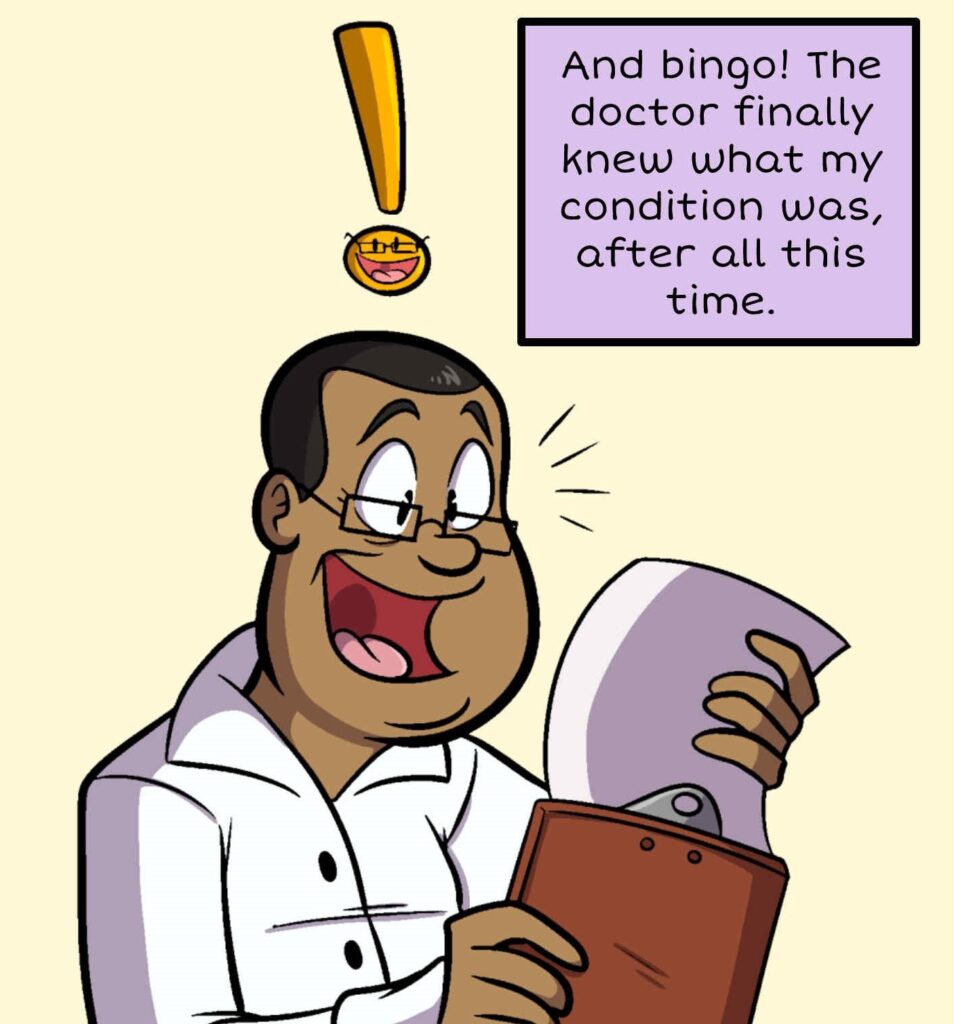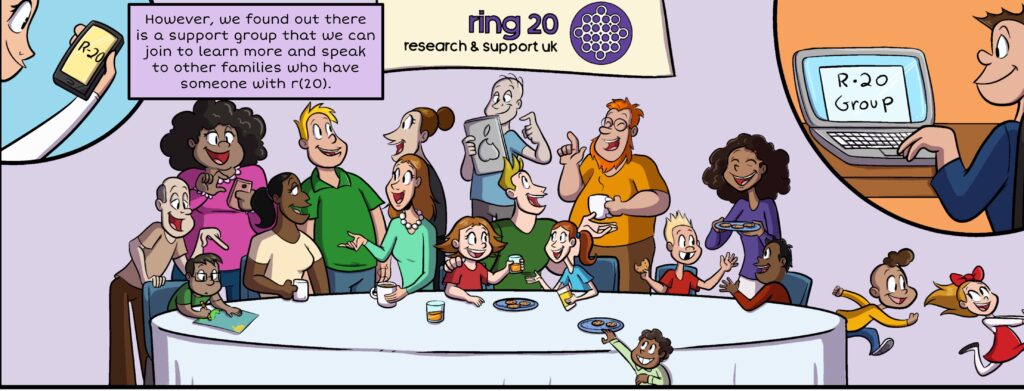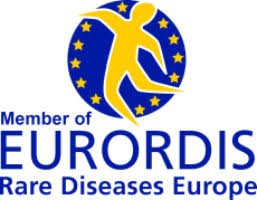If you’ve just received a diagnosis of r(20) syndrome for yourself or your child we understand that this can be a worrying time for you, as you come to terms with this news. Don’t worry, that’s why we are here to help you!
Some people receive a diagnosis within a short amount of time after their seizures start, but for the majority of individuals they will have been living with their symptoms for a number of years. This doesn’t make finding out that you have r(20) syndrome any easier, because in all cases there is very limited information available to your medical team – in fact, you may be the first case of r(20) that they have treated in their medical career.
Download our Welcome Packs
We have two downloadable Welcome Sheets to get you started on how to stay up-to-date with all that’s going on at Ring20 and how to connect with other r(20) families and join the conversation – when you’re ready, of course!

Some r(20) facts and figures
We do not yet know how many people have r(20), although there are approximately 200 cases of r(20) syndrome cited in medical literature worldwide
The key symptoms of r(20) are:
- difficult to treat seizures (often worse at night)
- cognitive impairment/decline (following seizure onset)
- behaviour disorder
Symptoms vary from person-to-person and there is a wide spectrum between those who are mildly affected to those more severely affected.
There are 2 forms of r(20) syndrome:
- mosaic (% of cells affected by the ring)
- non-mosaic (ring found in all cells - typically younger seizure onset and more severe symptoms)
r(20) syndrome is rarely inherited
There is no recommended treatment for r(20) syndrome
We know that people with r(20) syndrome have seizures, but we don't yet know why the ring formation causes these.
We cannot yet describe how the disease will progress over time
Many people with r(20) syndrome will need support in education and/or work
Ring20 - here to help!
Whilst there is a lot we do not yet know about r(20) syndrome, it’s causes and how to treat people, do not despair. There is a lot we can do and are doing to support you and families like you…
When you are ready, checkout out the following pages on our website:
- r(20) syndrome pages for all you need to know about your diagnosis
- For Families pages for how Ring20 can support you and your family
- Research pages for ongoing research projects to try to find improvement in diagnosis, treatment and management of r(20)









